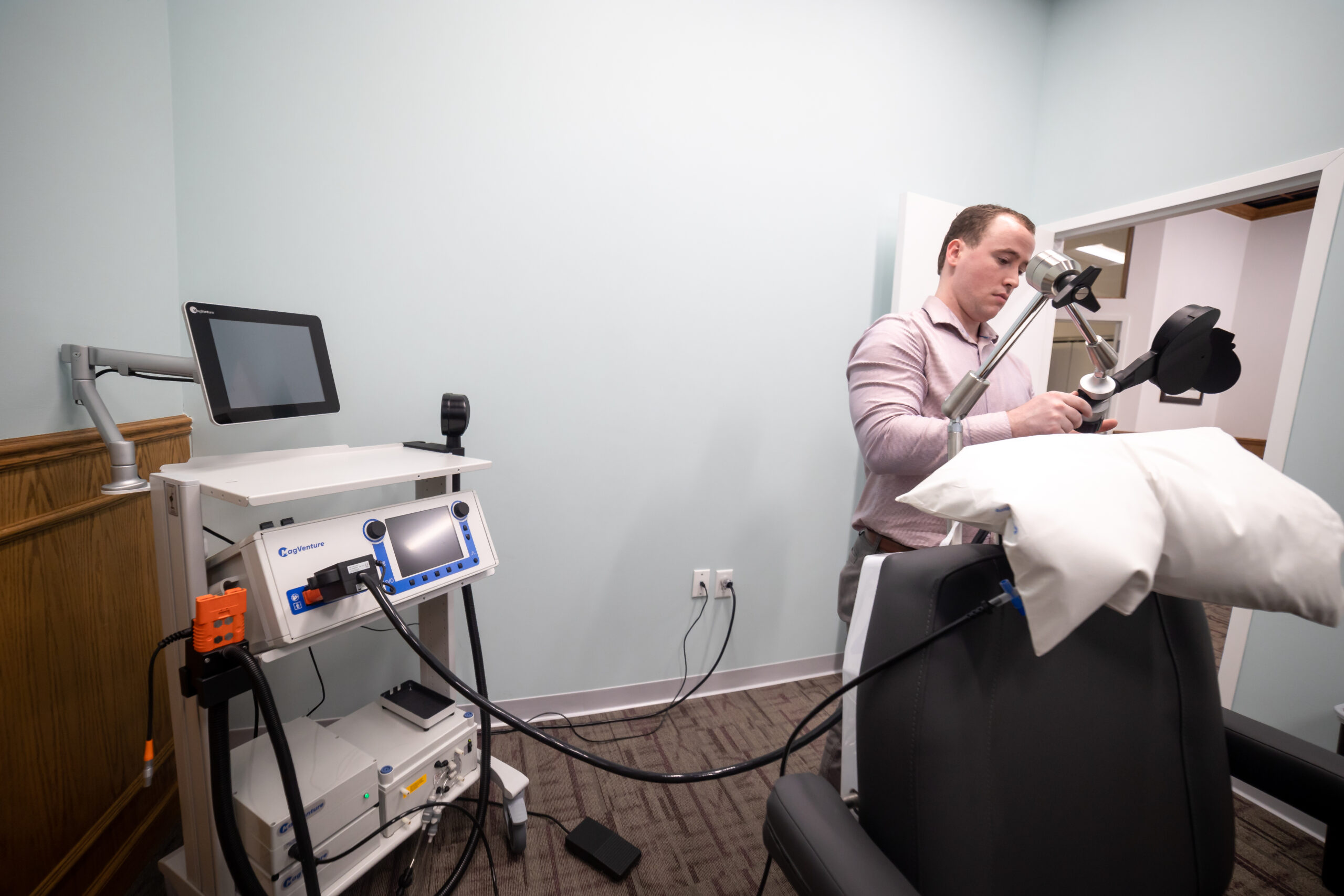It’s been over a year since COVID-19 has changed our everyday lives, and after so much time it’s difficult not to feel what mental health experts are calling “pandemic fatigue.” Psychology Today explains how witnessing the high case number and death count, needing to stay hyperaware of handwashing, mask-wearing, and social distancing, and facing such uncertainty for the future has weighed on our mental health.
With the need to be on “high alert” for so long, people who did not normally face strong symptoms of depression or anxiety are now having issues with their mental health. For many who have previously struggled with their mental health, the pandemic and all that comes with it has certainly taken its toll with worsening symptoms.
One major factor caused indirectly by the coronavirus, is financial worry. “Once lockdowns and restrictions became a reality, the economy took a huge hit, and jobs plummeted. Even big-name, heavy-hitting businesses such as Sephora and Delta Airlines had to lay off or terminate many of their employees,” Transformations explains. Life changes can drastically affect anxiety and depression, so naturally, the sudden loss and uncertainty surrounding finances strongly impacted countless individuals.
The social separation many faced over the last year is not helpful for depression either. In and of itself, depression causes the person to feel alone and makes them become withdrawn. Being faced with isolation causes depression to worsen. Under the necessary lockdowns of the pandemic, it’s easy to sink deeper and deeper into depression – especially if that can be accomplished simply by putting off answering messages or canceling Zoom friendship dates.
Additionally, moving away from a routine is not beneficial to one’s mental health. For those suddenly working from home or facing sudden unemployment, a regular schedule for sleep, exercise, and everyday activity may have gone out the window and deepened the depression slump. Having to provide childcare and/or adjusting to working from home are new stressors for many.

On top of everything else, covid-restrictions changed the dynamics of seeking assistance for mental health. Accessibility to mental health clinics became more challenging. Many found themselves suddenly without insurance, the financial means, and/or an internet connection to make up for it.
“Talk therapy, at least, is easily done over the phone if virtual visits aren’t possible since it is accomplished through verbal communication. It’s a little different since therapists can’t read body language as well over the phone, but it’s at least an option. And virtual visits, if accessible to the patient, might have similar challenges as working from home, but they are at least better than nothing,” Transformations explains. Additionally, some clinics became so overwhelmed they were unable to take on new clients or hire additional employees. Financial or insurance losses left people unable to refill antidepressants or seek alternative options if their previous medication stopped being enough for the new stress.
Given the pandemic and sudden mental-health crisis, there is no easy solution to get help for every person who needs it. However, TMS therapy is a promising breakthrough for some, especially given how it can comply with new guidelines due to the coronavirus.
Electroconvulsive Therapy (ECT), which is used as a last resort for cases of severe depression, has been largely placed on hold due to the pandemic. This treatment can spread the virus because of the patient’s oxygen delivery system under anesthesia. ECT also requires multiple people to be placed in one room.
With TMS, however, “there’s no oxygen mask, fewer people in the room, and the treatment can be delivered at more concentrated amounts to lessen the number of treatments and lessen the chances of exposure all around,” Transformations explains. It’s also much easier to sanitize TMS equipment and the patient can wear a face mask rather than an oxygen mask.
An experimental treatment in Canada, as covered by CTV News, shows promise for an accelerated version of this treatment. Rather than once a day for six weeks, this version contains multiple sessions of TMS a day over a one- or two-week period. The research is still new but is showing great potential.

TMS therapy is potentially a great option for those diagnosed with OCD, depression, or anxiety where medication has failed to be completely effective. We offer over-the-phone, free consultations to reduce the need to step into our office until treatment begins. From personal protective equipment to sanitation and cleaning, we continue to follow CDC guidelines at TMS Chesterfield to keep you and our staff safe.
As always, discuss treatment options with your doctors and/or psychiatrist. TMS Therapy is FDA approved and covered by most insurance plans. Contact TMS Chesterfield today and discover how we can help you start your new beginning towards a brighter future.
Sources:
https://www.mytransformations.com/post/the-covid-19-pandemic-encourages-scientists-to-explore-new-depression-treatments
https://www.psychologytoday.com/us/blog/the-color-wellness/202012/moving-through-what-seems-the-longest-winter-ever
https://www.ctvnews.ca/health/pandemic-spurs-scientists-to-look-closer-at-an-experimental-treatment-for-severe-depression-1.5290166
Photo sources:
https://www.pexels.com/photo/kids-making-noise-and-disturbing-mom-working-at-home-4474035/
https://www.pexels.com/photo/medical-stethoscope-placed-on-white-background-4386464/





